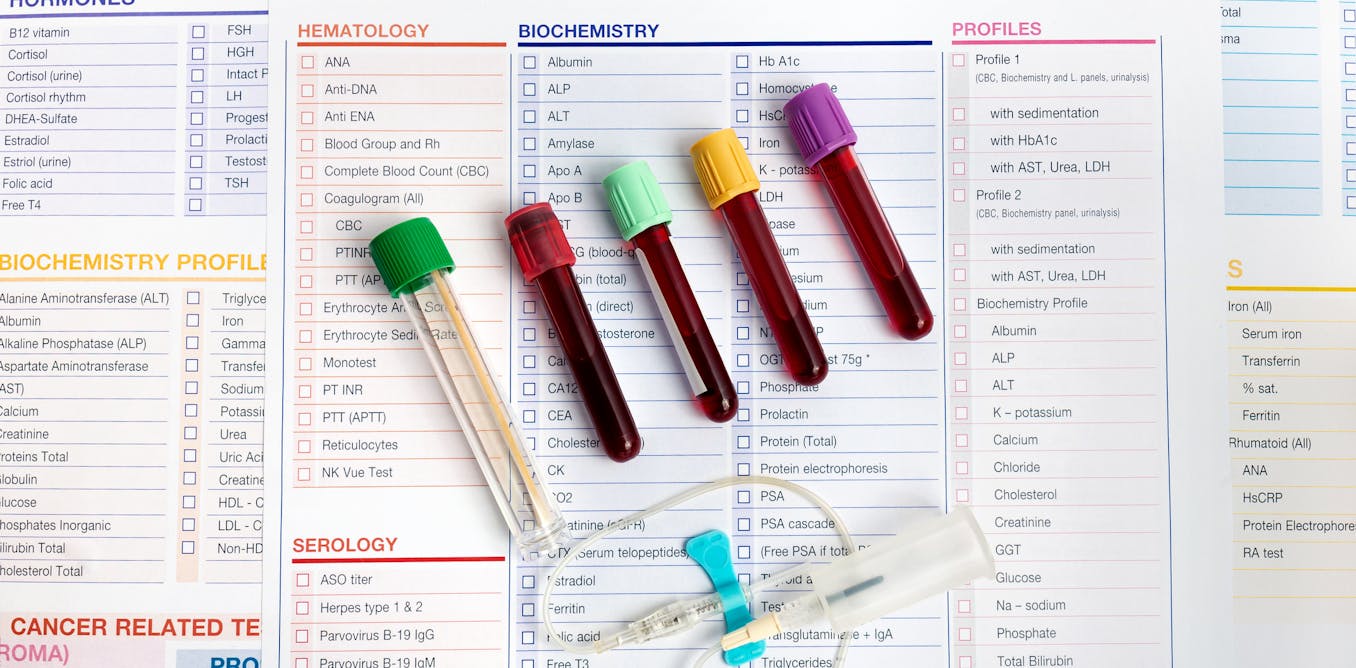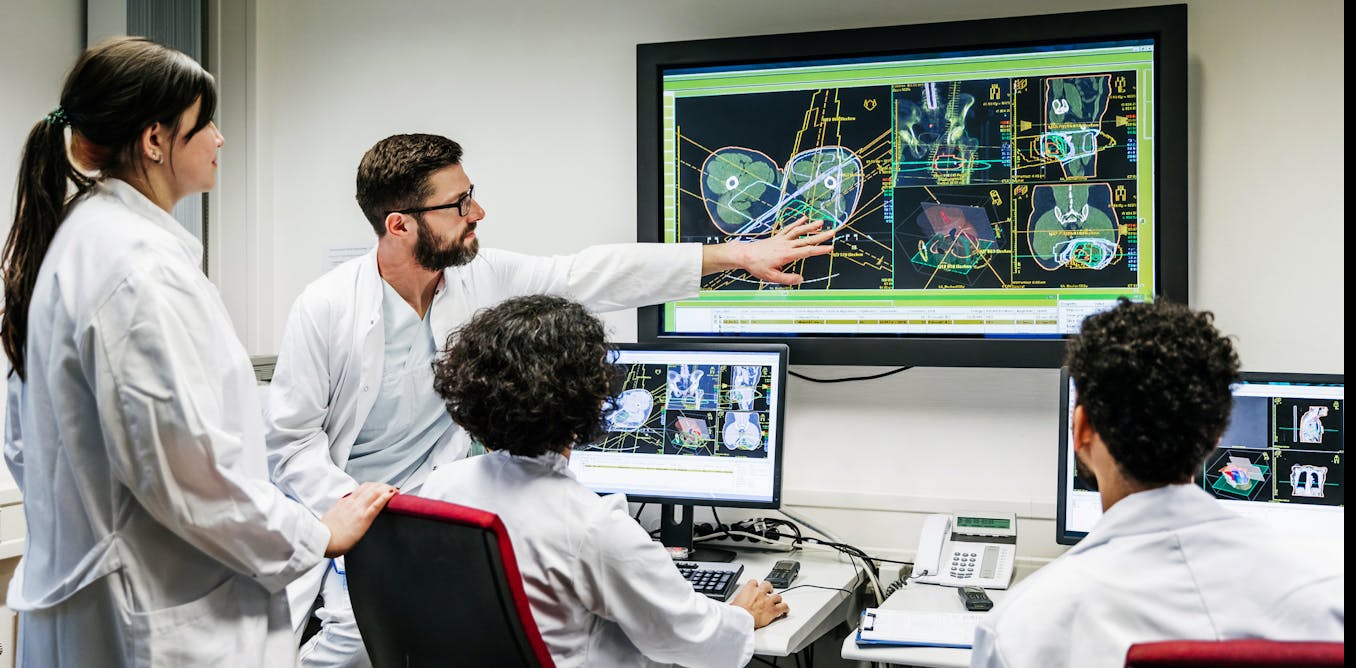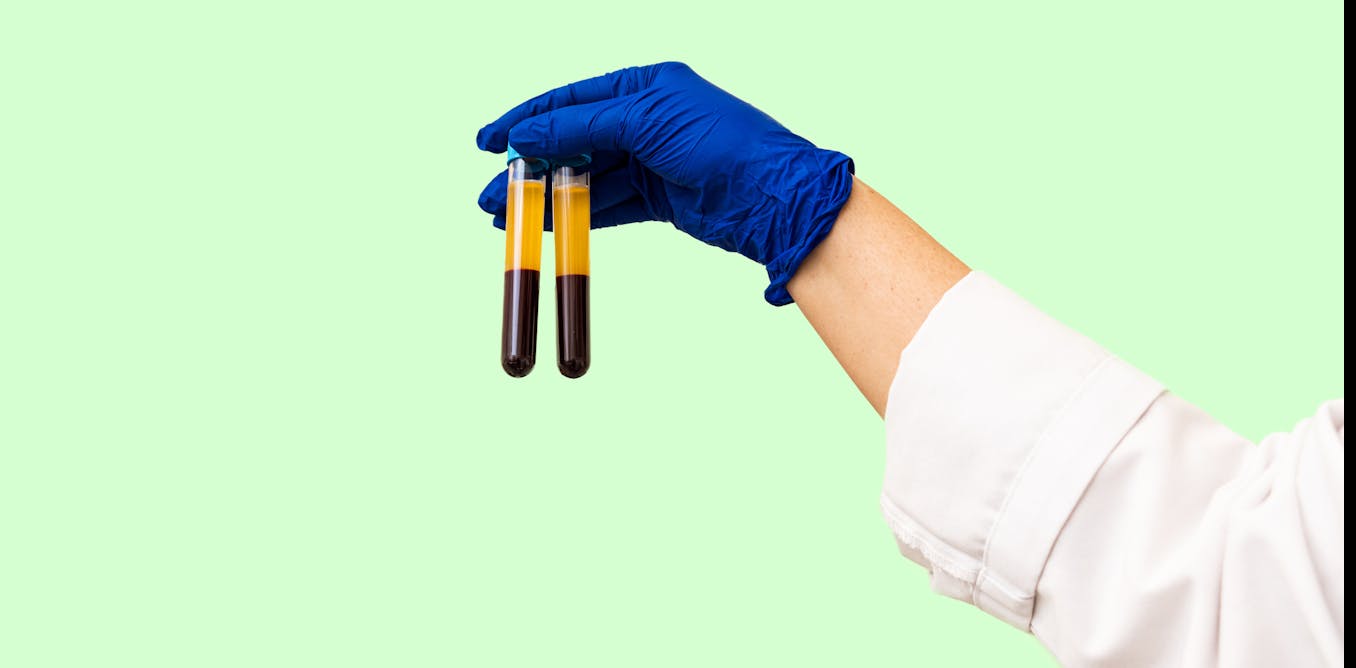What do your blood test results mean? A toxicologist explains the basics of how to interpret them
Your blood contains a wealth of information about the state of your health. Analyzing the levels of each component is an important part of diagnosis.
Feb. 5, 2024 • ~8 min





